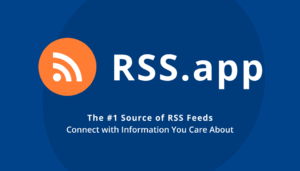Microsoft repair work frustrating bug which noted Adobe emails as spam-Latest New 2025

- Microsoft was flagging some authentic Adobe e-mails as spam
- Business condemned it on an error with its maker discovering version
- The trouble presently appears to be repaired
Microsoft has actually taken care of an aggravating insect where a gadget figuring out version in Exchange Online had actually been incorrectly flagging legit Adobe emails as spam.
The errneous spam flagging was fairly temporary, extending a two-day duration in between April 22 at 9: 04 AM UTC and April 24 at 11: 04 AM UTC.
It’s believed the company’s machine learning design improperly flagged emails due to their resemblance with spam emails, and particularly affected e-mails including Adobe URLs.
Adobe e-mails are no longer being marked as spam
We have actually established our machine learning( ML )variation, which safeguards Exchange Online against unsafe email messages, was incorrectly identifying reputable e-mail messages as spam as a result of their similarity to email messages used in spam assaults, which was leading to impact,”Microsoft clarified.
The accident was explained in an advising on the Microsoft 365 admin center under the EX-SPOUSE 1061430 tag (making use of Bleeping Computer system
Coinciding with Microsoft’s wrong flagging, malware assessment service ANY.RUN taped a sharp increase in the range of Adobe Acrobat Cloud internet links for individual records that were being submitted by Microsoft Defender XDR.
ANY.RUN shared on X : “After study, we have actually discovered that Microsoft Guard XDR incorrectly flagged acrobat [.] adobe [.] com/id/urn: aaid: sc: as harmful.”
“To fix the problem we launched Replay Time Traveling (RTT) on the influenced Links to totally remediate influence. Influence specified to some individuals who were offered with the affected facilities,” Microsoft included.
ANY.RUN kept in mind the unintented effects created by a mix of its services, Guard XDR and Microsoft’s expert system mistake. Because legit Links connecting to specific and work files were being submitted to ANY.RUN, the service saw users “send higher than a thousand Adobe papers with delicate corprorate data of countless organization.”
“To quit leakages, we’re making all these evaluations exclusive,” ANY.RUN verified.




